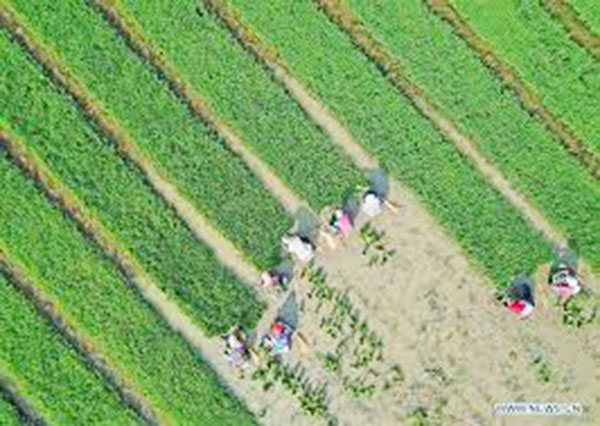Pre-existing global food security challenges which have extended into 2023 may well become more acute as the year progresses on account of what the World Economic Forum says is a likely global rice shortage and an expectation that prices for one of the world’s most consumed foods will rise higher.
A World Economic Forum (WEF) article published earlier this year asserts that the global market for rice could face its most severe shortage in decades, a circumstance that could have a knock-on effect on global food security. The WEF is quoting “industry analysts” as saying that this year the rice industry “is expected to experience its largest deficit between supply and demand in 20 years, adding that that prevailing high rice prices are a holdover from the start of the COVID-19 pandemic made worse by falling production in some of the world’s rice-producing ‘heavyweights’ including China and Pakistan as well as the United States and Europe. Additionally, Putin’s war in Ukraine drastically pushed up the cost of wheat, which in turn has increased demand for grain alternatives like rice,” the article says.
While Guyana is nowhere near the top of the global pile insofar as here rice production is concerned, the country’s rice exports play an important role in shoring up food security here in the Caribbean. Back in January, during the 2023 budget debate, Guyana’s Agriculture Minister Zulfikar Mustapha sought to provide assurances that Guyana’s rice industry will benefit from further state investments in the sector, a disclosure that will likely help to calm food security concerns both here in Guyana and in the rest of the region even as CARICOM member countries seek to fashion a more stable regional food security regime. Last year, bad weather in rice-producing countries around the world was reportedly the principal reason for a drop in global rice production.
Reduced rice output attracted particular attention primarily on account of the fact the fact that a scarcity of the commodity coincided with a worsening of pre-existing food security concerns among countries in Africa, particularly. Rice is the primary staple food for more than half of the world’s population, the major consumers being in Asia, Sub-Saharan Africa and South America. Here in the Caribbean, unprecedented threats to regional food security and the launch of a Regional Food Terminal initiative in the region has heightened the significance of rice produced in Guyana and the Caribbean as a whole, at a time when the region has set itself some critical challenges associated with shoring up its food security bona fides and reducing its extra-regional food import bill.






